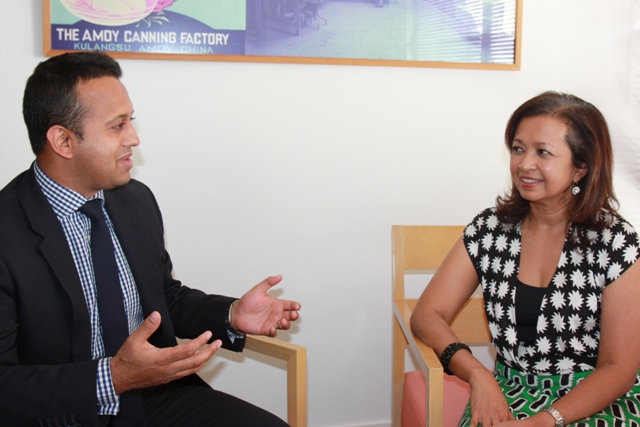
Over to you Datin…
Listening to a top female banker on the radio one day, I heard the host ask the inevitable question when career women are interviewed. “How”, she asked, “ do you combine your career with being a wife and mother?”
I rolled my eyes at what is never asked of men. Then I heard the banker reply, “I am supremely well-organised. I plan all of my children’s meals and activities a week ahead of time.”
On the one hand I had to admire her efficiency because obviously it contributes very much to her success. But on the other hand, I could not recall a single instant when a man would have needed to answer the same question, not least because he has a wife at home who would organize all that for him.
Therein lies the perpetual dilemma for women, finding ways to do two jobs well when men only have to do one.
Undoubtedly in more advanced countries, these dilemmas are being alleviated; women are allowed flexible working arrangements, get long maternity leave so that they have time to organize themselves and most importantly male partners and husbands who pitch in to help. In Malaysia, women are still waiting for things to change.
It would be untrue to say that there have been no positive developments at all in Malaysia over the years. In 2001 the Federal Constitution was amended to prohibit discrimination on the basis of a citizen’s sex. More recently crèches have been built in government work places and female civil servants are now entitled to 90 days’ maternity leave, up from the previous sixty days.
But anomalies remain. Despite the Constitutional amendment, women in the private sector can still be discriminated against, as in the case of female flight attendants on the national airline whose flying careers are not as long as their male counterparts’. Furthermore private sector workers are subject to the vagaries of their own companies’ employment policies. Thus not all enjoy the same benefits as the public sector workers.
Which raises an interesting question: aren’t women in the public sector and the private sector equal citizens under the Constitution?
The other strange dichotomy is of course that between Muslim and non-Muslim women. In the area of personal laws, different courts, civil courts for non-Muslims and syariah courts for Muslims, separate Malaysian citizens. Within this system, Muslim women suffer the most disadvantages, having to endure the indignities of polygamy, and inheritance laws that give more to their brothers.
Not that it was always this way. In 1984, Malaysia had the best Muslim family laws in the world. While granting that some religious customs such as polygamy cannot be wholly forbidden, various laws were enacted to mitigate the worst effects on women. No Muslim man could take on another wife without the expressed written permission of his first wife. He had to persuade judges that he had good reason to marry another and that his first wife and family would not suffer a drop in living standards as a result of it.
However over the past three decades, changes, mostly stealthily, have been made to these laws to erode these protections for women. In the name of ‘gender neutrality’, men were given the same rights as women, but women did not enjoy the same rights as accorded to men. Women found the court system increasingly unfriendly, being unable to obtain divorces or maintenance for themselves and their children while men could easily divorce their wives, sometimes even by SMS. Where once her earnings and property remained her own, men could now lay claims on them, while at the same time denying her her share of mutual property obtained during the marriage. Court-ordered settlements are not enforced, leaving many single mothers destitute or forced to find work to support themselves and their children.
These are the injustices that the organization that I am part of, Sisters in Islam, works to redress. Every day we face many women whose lives have been made miserable because of these laws. Yet there are those who insist that these laws can never be changed because they are of ‘divine’ origin. This is a notion that we reject, for the simple reason that Islam, like other religions, cannot be founded on injustice. We believe that these man-made laws should address the realities of women’s lives and seek to alleviate their problems, not aggravate them.
The theme for International Women’s Day 2013 is The Gender Agenda: Gaining Momentum. Our lawmakers may not appreciate it just yet but with more educated Malaysian women, the old agenda of allowing such injustices to prevail may soon run its course.
